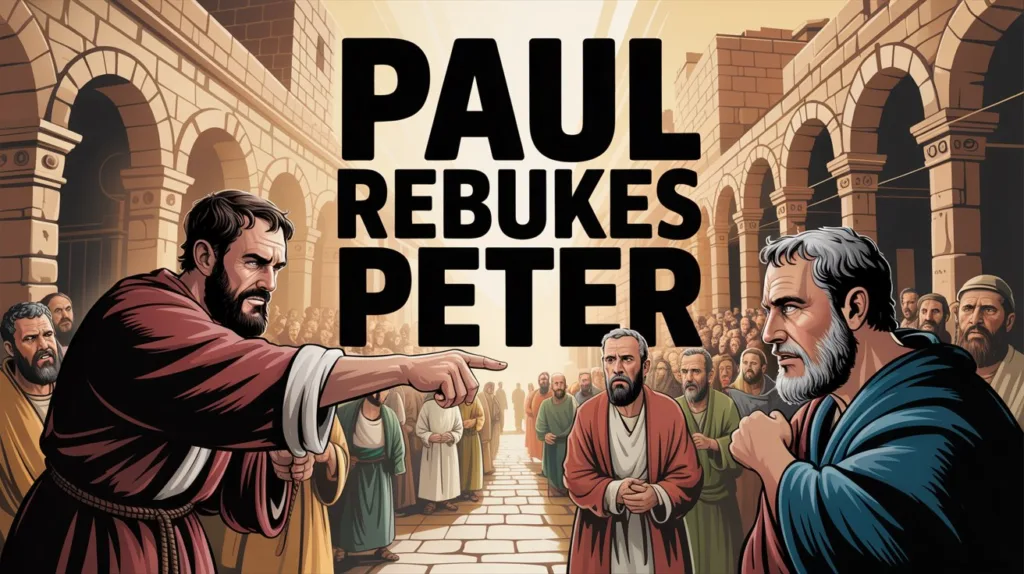The concept of “the law” in Scripture is foundational to understanding God’s character, human sinfulness, and the need for a Savior. The law reveals God’s standard of righteousness and the reality of our inability to meet it. This study will explore what the law is, the distinction between ceremonial and moral law, why Jesus fulfilled the law, and how the law points us to Christ for salvation.
What Is “The Law” in the Bible?
The term “the law” in Scripture often refers to the commandments and instructions given by God, primarily through Moses. The books most commonly referred to as the Law or the Torah (Hebrew: תּוֹרָה) include:
Genesis: Lays the foundation of creation, the fall, and the Abrahamic covenant.
Exodus: Introduces the giving of the Ten Commandments and the Mosaic covenant.
Leviticus: Provides detailed instructions on sacrifices, purity, and priestly duties.
Numbers: Chronicles Israel’s journey and their struggles in the wilderness.
Deuteronomy: A restatement of the law as Israel prepares to enter the Promised Land.
Collectively, these five books are called the Pentateuch (Greek for “five scrolls”) and contain the foundational laws given to Israel.
What Is the Law Exactly?
The law represents God’s righteous standard for how His people should live. It includes commandments, instructions for worship, and moral principles. At its core, the law reveals God’s holiness and His expectations for humanity.
Psalm 19:7 says, “The law of the LORD is perfect, converting the soul; The testimony of the LORD is sure, making wise the simple.”
The law can be broadly categorized into three types:
The Moral Law: Universal and Eternal
The moral law reflects God’s unchanging moral nature. It defines right and wrong for all humanity, not just Israel. The Ten Commandments (Exodus 20:1-17) are the clearest expression of this law, which includes:
No other gods before Jehovah.
No idolatry.
No taking God’s name in vain.
Honoring father and mother.
No murder.
No adultery.
No stealing.
No bearing false witness.
No coveting.
The moral law is binding for all people in all generations because it reflects God’s character. Romans 2:15 explains how even Gentiles have the moral law written on their hearts, showing that the standard applies to all humanity.
The Ceremonial Law: Israel’s Worship and Rituals
The ceremonial laws were specific instructions for Israel regarding sacrifices, feasts, dietary laws, and temple worship. These laws governed the religious life of the nation and pointed forward to Christ.
Leviticus 1:1-3 describes the burnt offering system, saying, “If his offering is a burnt sacrifice of the herd, let him offer a male without blemish.”
The ceremonial law was symbolic, foreshadowing Jesus as the perfect sacrifice who would fulfill these types and shadows. They were temporary and fulfilled in Christ, as explained in
Hebrews 10:1:
“For the law, having a shadow of the good things to come, and not the very image of the things, can never with these same sacrifices… make those who approach perfect.”
The Civil Law: Israel’s National Governance
The civil laws governed how Israel operated as a nation under God. These included laws about property rights, justice, and societal structure. For example:
Exodus 21:24 states, “Eye for eye, tooth for tooth, hand for hand, foot for foot.”
These laws were specific to Israel’s theocratic government and were not universally binding for all nations but reflected principles of justice and fairness.
The Sabbath: Why Was It Given and Do Christians Keep It Today?
The Sabbath was part of the ceremonial law and given specifically to Israel as a sign of their covenant with God. Exodus 31:16-17 says,
“Therefore the children of Israel shall keep the Sabbath, to observe the Sabbath throughout their generations as a perpetual covenant… it is a sign between Me and the children of Israel forever.”
The Sabbath had a dual purpose:
A Day of Rest: Reflecting God’s rest on the seventh day of creation (Genesis 2:3).
A Covenant Sign: Identifying Israel as God’s chosen people.
However, in the New Testament, Jesus fulfilled the Sabbath rest. He is our spiritual rest. Colossians 2:16-17 makes this clear:
“So let no one judge you in food or in drink, or regarding a festival or a new moon or sabbaths, which are a shadow of things to come, but the substance is of Christ.”
Christians are no longer under the ceremonial observance of the Sabbath but find rest in Christ’s finished work (Hebrews 4:9-10).
Jesus Fulfilled the Law
Jesus declared His relationship to the law in Matthew 5:17:
“Do not think that I came to destroy the Law or the Prophets. I did not come to destroy but to fulfill.”
He fulfilled the law by:
Perfectly Obeying the Moral Law: Jesus lived a sinless life, fulfilling the moral requirements of the law (1 Peter 2:22).
Fulfilling the Ceremonial Law: His sacrifice on the cross fulfilled the sacrificial system (Hebrews 10:10).
Fulfilling the Civil Law: Jesus’ kingdom is not of this world, thus ending the need for a theocratic governance under the Mosaic covenant (John 18:36).
The law points forward to Christ, who perfectly satisfied all its demands.
Jesus Boiled the Law Down to Its Simplest Form
Jesus summarized the entire law into two great commandments:
Matthew 22:37-40:
“You shall love the LORD your God with all your heart, with all your soul, and with all your mind.”
“You shall love your neighbor as yourself. On these two commandments hang all the Law and the Prophets.”
These two principles summarize the moral law:
Love for God (First four commandments).
Love for Neighbor (Last six commandments).
The Purpose of the Law: Revealing Sin and the Need for a Savior
The law was never given to save but to reveal sin. Romans 3:20 says,
“Therefore by the deeds of the law no flesh will be justified in His sight, for by the law is the knowledge of sin.”
It serves as a mirror to show humanity’s sinfulness and need for grace.
Galatians 3:24 explains,
“Therefore the law was our tutor to bring us to Christ, that we might be justified by faith.”
The law exposes sin but cannot cure it. Only Jesus can.
No One Can Obey the Law Perfectly
Scripture makes it clear that no human can perfectly obey God’s law.
James 2:10 states,
“For whoever shall keep the whole law, and yet stumble in one point, he is guilty of all.”
This universal failure to keep the law shows the need for a Savior.
Yet God’s People Love the Law
Though the law cannot save, God’s people love His commandments because they reveal His character.
Psalm 119:97:
“Oh, how I love Your law! It is my meditation all the day.”
The redeemed seek to live righteously, not to earn salvation, but out of love for God who saved them by grace.
My Final Thoughts
The law reveals God’s holiness, exposes human sin, and points to Jesus Christ, who perfectly fulfilled the law on our behalf. While the ceremonial and civil aspects of the law were for Israel and fulfilled in Christ, the moral law reflects God’s eternal standard of righteousness. We cannot be saved by the law, for all fall short, but through Christ’s perfect sacrifice, we receive grace and righteousness by faith.
Let the law lead you to repentance and gratitude for the Savior who fulfilled it completely.





 Get the book that teaches you how to evangelize and disarm doctrines from every single major cult group today.
Get the book that teaches you how to evangelize and disarm doctrines from every single major cult group today.